ScholarWorks > WMU > JCA > Vol. 5 (2020) > Iss. 2
Abstract
This study examines the experiences of students enrolled in a text-messaging advising program in order to understand the conditions for impact in this rapidly proliferating intervention model. The program under study was a 15-state text-messaging college advising trial that attempted to increase the college enrollment outcomes of over 30,000 students who attended U.S. high schools with large percentages of low-income students. Data came from 3600 advisees who responded to text-message queries about their experiences in the texting program. The content of the queries was informed by focus group responses from 18 program participants. Results indicate that text-message college advising offered students a combination of information, assistance, nudges, and emotional support that many students perceived kept them on track for a successful college process. Text-message advisees who were disengaged or critical of the program mistakenly believed that the advising was fully automated, had sufficient support elsewhere, or were not receiving the texts because of incorrect contact information. Study findings suggest that text messaging is best suited to providing advising on financial aid and other topics requiring specific information and concrete tasks. Students’ reports of their experience in the program provide potential explanations for the mixed results that are beginning to be reported for texting programs and suggest implications for more effective designs. The study is useful as one of the first investigations of student responses to virtual advising, but its modest response rates suggest the need for new approaches to collecting evaluation data from participants in text-message advising campaigns.
Recommended Citation
Arnold, Karen D.; Israni, Venus; and Rohn, Kathy Chau
(2020)
"The Student Experience of Two-Way Text-Message College Advising: A First Glimpse,"
Journal of College Access: Vol. 5:
Iss.
2, Article 6.
Available at:
https://scholarworks.wmich.edu/jca/vol5/iss2/6


